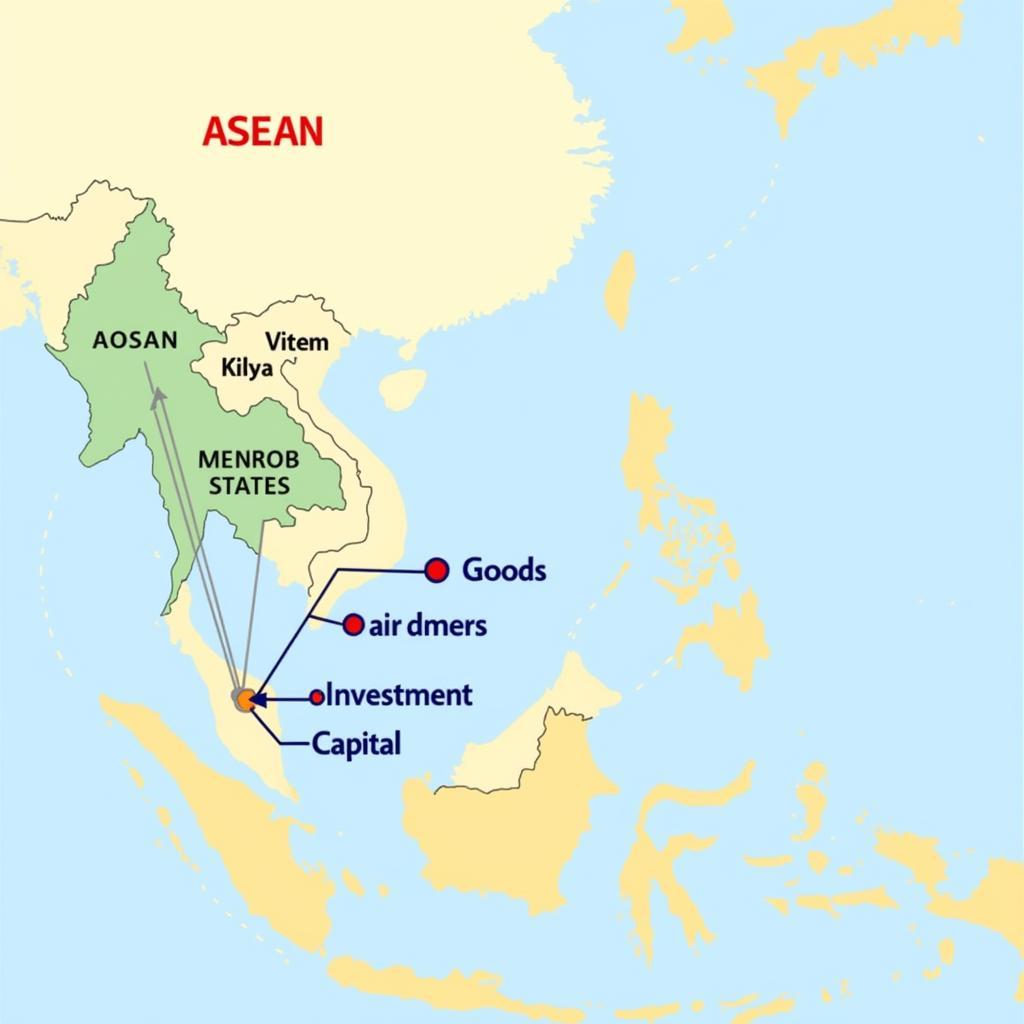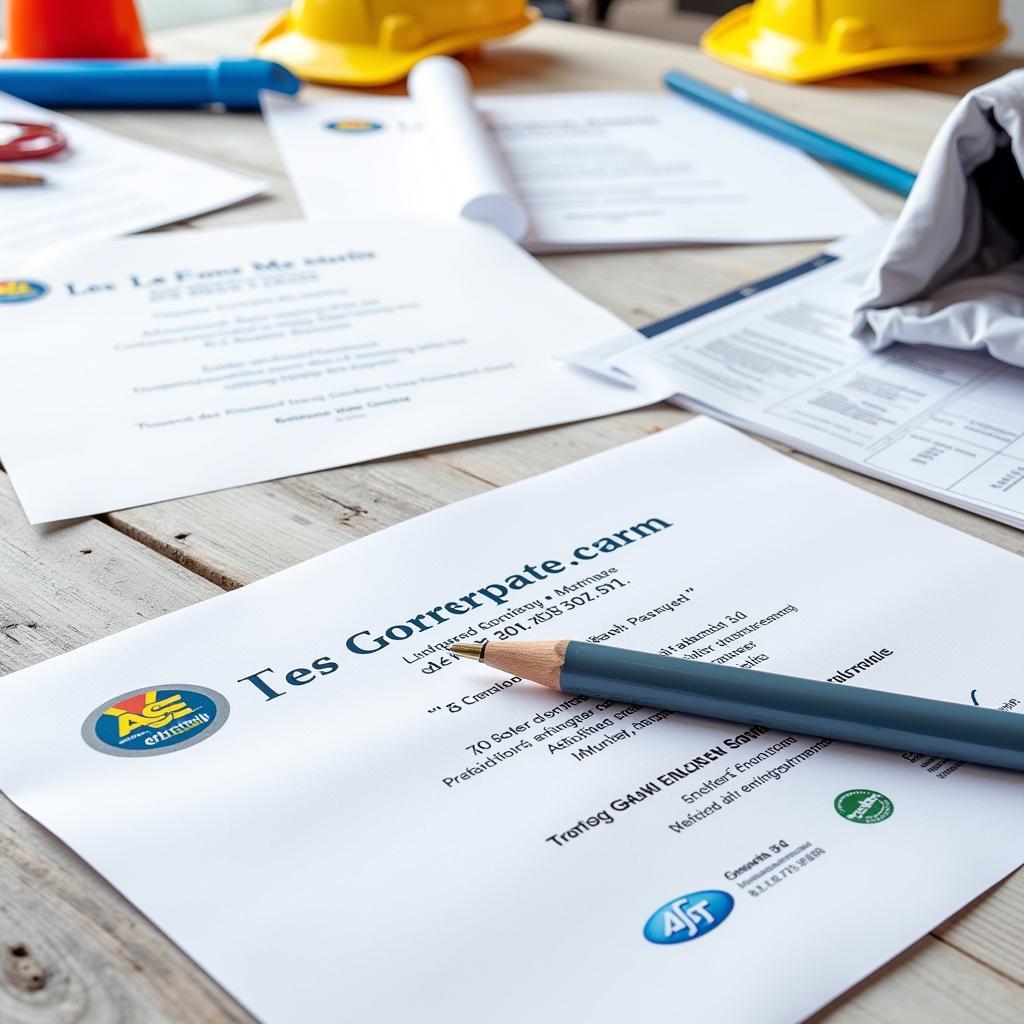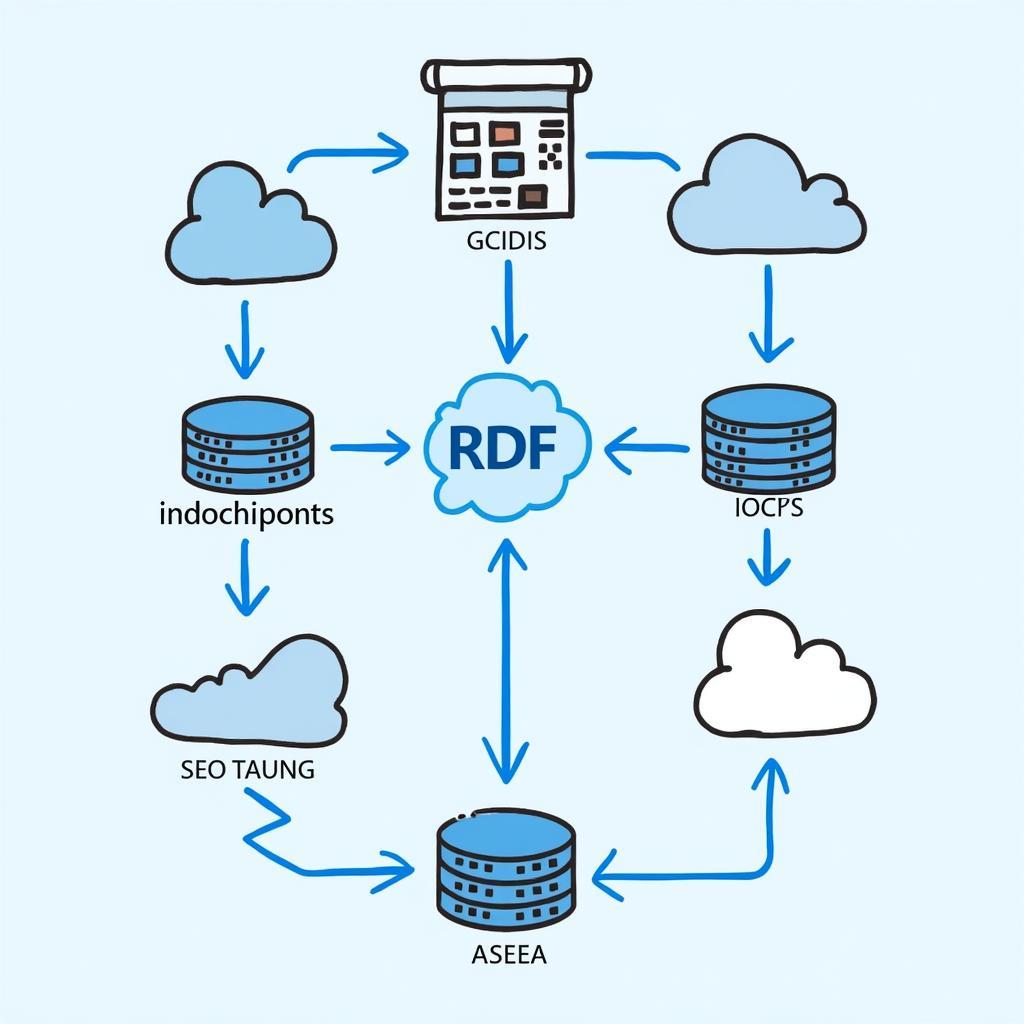Southeast Asia, a vibrant tapestry of cultures and economies, is home to the Association of Southeast Asian Nations (ASEAN). This dynamic bloc comprises 10 Negara Asean Beserta Ibukota, each contributing uniquely to the region’s rich identity. This guide will delve into each member state, exploring their capitals and highlighting what makes them unique.
Unveiling the Capitals of ASEAN
ASEAN’s strength lies in its diversity. From bustling metropolises to serene cultural centers, each capital city reflects the unique character of its nation. Let’s embark on a journey to discover these fascinating hubs.
Brunei Darussalam: Bandar Seri Begawan
Nestled on the northern coast of Borneo, Bandar Seri Begawan is known for its opulent mosques and serene waterways. The majestic Omar Ali Saifuddien Mosque, with its golden dome, is a must-see.
Cambodia: Phnom Penh
Phnom Penh, a city rising from a turbulent past, is a blend of ancient Khmer architecture and modern development. The Royal Palace and Silver Pagoda offer glimpses into Cambodia’s rich history.
Indonesia: Jakarta
Jakarta, the sprawling capital of Indonesia, is a melting pot of cultures and a bustling economic center. From historic Kota Tua to modern skyscrapers, Jakarta pulses with energy.
Laos: Vientiane
Vientiane, a tranquil city on the Mekong River, exudes a laid-back charm. Ancient temples and French colonial architecture create a unique atmosphere. Pha That Luang, the golden stupa, is Laos’ national symbol.
Malaysia: Kuala Lumpur
Kuala Lumpur, a modern metropolis, is famous for its iconic Petronas Twin Towers and vibrant street food scene. The city’s blend of cultures and modern amenities make it a compelling destination.
Myanmar: Nay Pyi Taw
Nay Pyi Taw, Myanmar’s planned capital, is a relatively new city with wide boulevards and impressive government buildings. The Uppatasanti Pagoda, a replica of the Shwedagon Pagoda in Yangon, is a prominent landmark.
Philippines: Manila
Manila, a historic port city, is a melting pot of influences, from Spanish colonial architecture to American modernism. Intramuros, the walled city, offers a glimpse into the past.
Singapore: Singapore
Singapore, a city-state known for its efficiency and modernity, is a global financial hub. From the futuristic Gardens by the Bay to the vibrant hawker centers, Singapore offers a unique blend of innovation and tradition.
Thailand: Bangkok
Bangkok, a bustling metropolis, is a vibrant blend of ancient temples, bustling markets, and modern skyscrapers. The Grand Palace and Wat Pho, home to the Reclining Buddha, are must-sees.
Vietnam: Hanoi
Hanoi, Vietnam’s capital, retains its old-world charm with French colonial architecture and tranquil lakes. The Ho Chi Minh Mausoleum and the Temple of Literature are key historical sites.
10 Negara ASEAN Beserta Ibukota: A Closer Look
Understanding the 10 negara ASEAN beserta ibukota is crucial for anyone seeking to engage with this dynamic region. Each nation offers unique investment opportunities, cultural experiences, and historical insights.
“ASEAN’s diverse capitals are gateways to understanding the region’s rich tapestry of cultures and economies,” says Dr. Anya Sharma, a Southeast Asian Studies expert. “Each city offers a unique lens through which to explore the region’s past, present, and future.”
Conclusion
The 10 negara ASEAN beserta ibukota represent a dynamic and diverse region brimming with potential. From bustling economic hubs to serene cultural centers, each capital offers a unique window into the heart of Southeast Asia. Exploring these vibrant cities is a journey of discovery, offering insights into the rich tapestry of ASEAN’s cultural heritage and economic dynamism.
FAQ
- What are the 10 member states of ASEAN?
- Which is the newest capital city in ASEAN?
- What are some must-see attractions in Bangkok?
- Which ASEAN capital is known for its futuristic architecture?
- What is the significance of Intramuros in Manila?
- Where can I find more information about ASEAN countries?
- Which ASEAN capital is located on Borneo Island?
“The future of ASEAN lies in the collaborative spirit of its member states,” adds Mr. Kevin Lee, a regional economic analyst. “Understanding the individual strengths of each nation, starting with their capitals, is key to unlocking the region’s full potential.”
For further assistance, please contact us at Phone: 0369020373, Email: aseanmediadirectory@gmail.com, or visit our office at Thon Ngoc Lien, Hiep Hoa, Bac Giang, Vietnam. Our customer service team is available 24/7.


